Programme
The courses will consist of a combination of project presentations, interactive sessions, and mini-projects. The programme schedule runs from Monday, 10th September until Saturday, 15th September 2018.Activities for the course are as follows:
- Project work: This includes talks with lecturers with plenty of time for hand-on experience, leading to student presentations at the end of the week.
- A pub quiz: Show off your knowledge in a fun quiz!
- Dance! Would you dare learn a South African dance?
- An excursion: A hike on Table Mountain!
Provisional time-table:
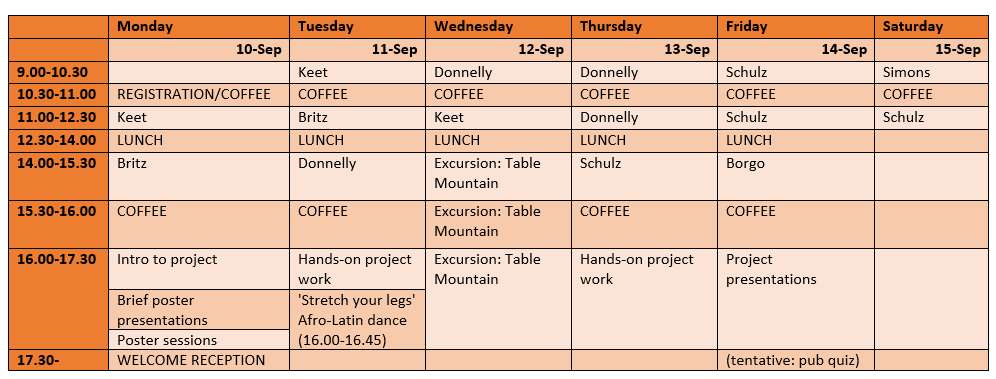
Courses
- Biomedical Ontology by Stefan Schulz (Link to google document for lecture notes: notes. Slides available: combined slides.) The lectures on biomedical ontology will introduce students to biology and medicine as major application domains for formal ontologies. Typical use cases for ontologies in biomedical research and health care will be introduced, highlighting commonalities and differences. Special attention is paid to semantic standardisation, data interoperability and resource annotation. OBO ontologies and SNOMED CT, as the leading biomedical ontologies will be presented and analysed in the context of foundational ontologies and description logics. Related semantic artefacts like terminologies, classification systems and information models and their interfaces and overlaps with biomedical ontologies will also be addressed.
- Mereology, Location and Time by Maureen Donnelly (Slides available: combined slides.) This course will introduce students to some theories of parthood, connection and location formulated in first-order predicate logic. We will consider both static and temporal spatial theories. Special attention will be paid to theorem proving and model construction with some class time devoted to in-class exercises.
- Semantics and Conceptual Modelling by Maria Keet (Slides available: combined slides.) This course will introduce participants to ways how and where ontology and logics can be useful to conceptual modeling such that it improves the quality of the models that, in turn, may lead to better quality information systems. We will consider, among others, the semantics of relations, how a foundational ontology can interact with a conceptual model, and designing or choosing a language with one's desired ontological commitments so that it has the features to represent what one wants to represent.
- Foundations of Description Logics by Arina Britz (Slides available: combined slides) This introductory short course will first present a brief overview of the logical roots of Description Logics, from syllogistic logic to modern symbolic predicate logic. No background in logic is required, and upon completion participants will have an intuitive, yet correct, understanding of the meaning of simple predicate logic sentences and formulas, as is often found in scientific writing. The syntax and first-order semantics of the basic Description Logic ALC will then be introduced, and related to predicate logic. The focus will be on the correct reading of DL axioms and assertions, rather than on proof theory or reasoning services.
- Applied Mereology by Peter Simons( Slides available: slides.) Mereology, the formal theory of the part-whole relationship and its many cognate notions, is of central interest to ontologists, and the locus of numerous energetic debates within contemporary philosophical ontology. Because of the ubiquity of the part-relation, it is unsurprising that the mereological composition of complex entities should be of widespread interest and importance to theoretical and practical disciplines, including, but not confined to, chemistry, biology, medicine, linguistics, geology, engineering, and manufacturing. The adequate and accurate representation of part-whole relations and meronomies, or compositional hierarchies, is therefore a central task of applied ontologies. In this talk, we survey the necessary conceptual basis for applying mereology, warn against certain conceptual pitfalls, indicate the uses and limits of mereological representation, and suggest how careful empirically-informed mereology can sometimes contribute to the alleviation of practical problems.
- Ontology for robotics by Stefano Borgo( Slides available: slides.) Robotics is a traditional research area which is rapidly expanding due to the ongoing exploitation of intelligent autonomous agents (like self-driving cars, drones, industrial robots for production and humanoids for the elderly). The lecture focuses on the role of ontology to provide the robot the knowledge needed to act in an environment. The focus is on how to "understand" a generic scenario and how to organize knowledge. The flow of information between the knowledge module and the planning and scheduling modules in a generic artificial agent is presented.
In addition, there will be 1-2 special guest lectures. Confirmed guest lecturers: Peter Simons and Stefano Borgo.
Poster Session
The poster session is scheduled for the first evening before and during the opening aperitivo. Participants are strongly encouraged to bring a poster, outlining their work and enabling other attendees to get an impression and directly connect to it. This shall give everyone a quick start into exchanging ideas, finding points of intersection and potential for collaborations, and simply getting an overview of all the things which are "out there in the wide world of ontology". Posters can either describe a PhD project, other recent work, or simply give an outline of a new idea/sketch of a research program for the near future for which collaborators would be welcome.Speakers
Stefan Schulz
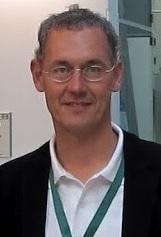 Dr. med. (MD) Stefan Schulz is a University Professor at the Medical University of Graz, Austria. His research interests include biomedical terminologies and classification systems, biomedical
ontologies, secondary use of clinical big data, semantic interoperability of electronic health records, biomedical knowledge engineering,
knowledge acquisition and management, information retrieval, natural language processing, lexicography, and clinical and research data integration.
Dr. med. (MD) Stefan Schulz is a University Professor at the Medical University of Graz, Austria. His research interests include biomedical terminologies and classification systems, biomedical
ontologies, secondary use of clinical big data, semantic interoperability of electronic health records, biomedical knowledge engineering,
knowledge acquisition and management, information retrieval, natural language processing, lexicography, and clinical and research data integration.
Maureen Donnelly
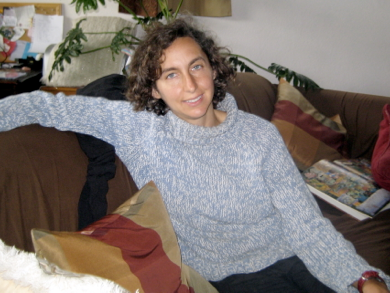 Dr. Maureen Donnelly (PhD, MA, BA) is an assistant professor in the Department of Philosophy at the State University of New York at Buffalo.
Her research interests include metaphysics, formal ontology, qualitative spatial, temporal, and spatio-temporal reasoning, and bioinformatics.
Dr. Maureen Donnelly (PhD, MA, BA) is an assistant professor in the Department of Philosophy at the State University of New York at Buffalo.
Her research interests include metaphysics, formal ontology, qualitative spatial, temporal, and spatio-temporal reasoning, and bioinformatics.
Maria Keet
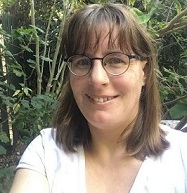 Dr. Maria Keet (PhD, MSc, MA, BSc(hons)) is a Senior Lecturer with the Department of Computer Science, University of Cape Town. Her research interests include knowledge engineering with ontologies and Ontology, logic-based conceptual data modelling, and their interaction with natural language generation.
Dr. Maria Keet (PhD, MSc, MA, BSc(hons)) is a Senior Lecturer with the Department of Computer Science, University of Cape Town. Her research interests include knowledge engineering with ontologies and Ontology, logic-based conceptual data modelling, and their interaction with natural language generation.
Arina Britz
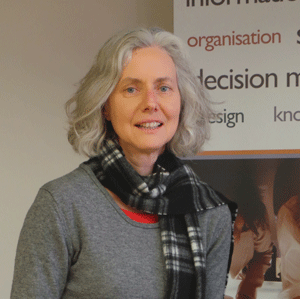 Prof Arina Britz is an Associate Professor in the Department of Information Science at Stellenbosch University. She leads the Stellenbosch University node of the CSIR Centre for Artificial Intelligence Research. Her research field is the study of logics and reasoning services to support knowledge discovery. Within this field, her research interests include non-classical logics, reasoning with uncertainty, meta-reasoning services, and combining logic with other qualitative knowledge discovery formalisms.
Prof Arina Britz is an Associate Professor in the Department of Information Science at Stellenbosch University. She leads the Stellenbosch University node of the CSIR Centre for Artificial Intelligence Research. Her research field is the study of logics and reasoning services to support knowledge discovery. Within this field, her research interests include non-classical logics, reasoning with uncertainty, meta-reasoning services, and combining logic with other qualitative knowledge discovery formalisms.